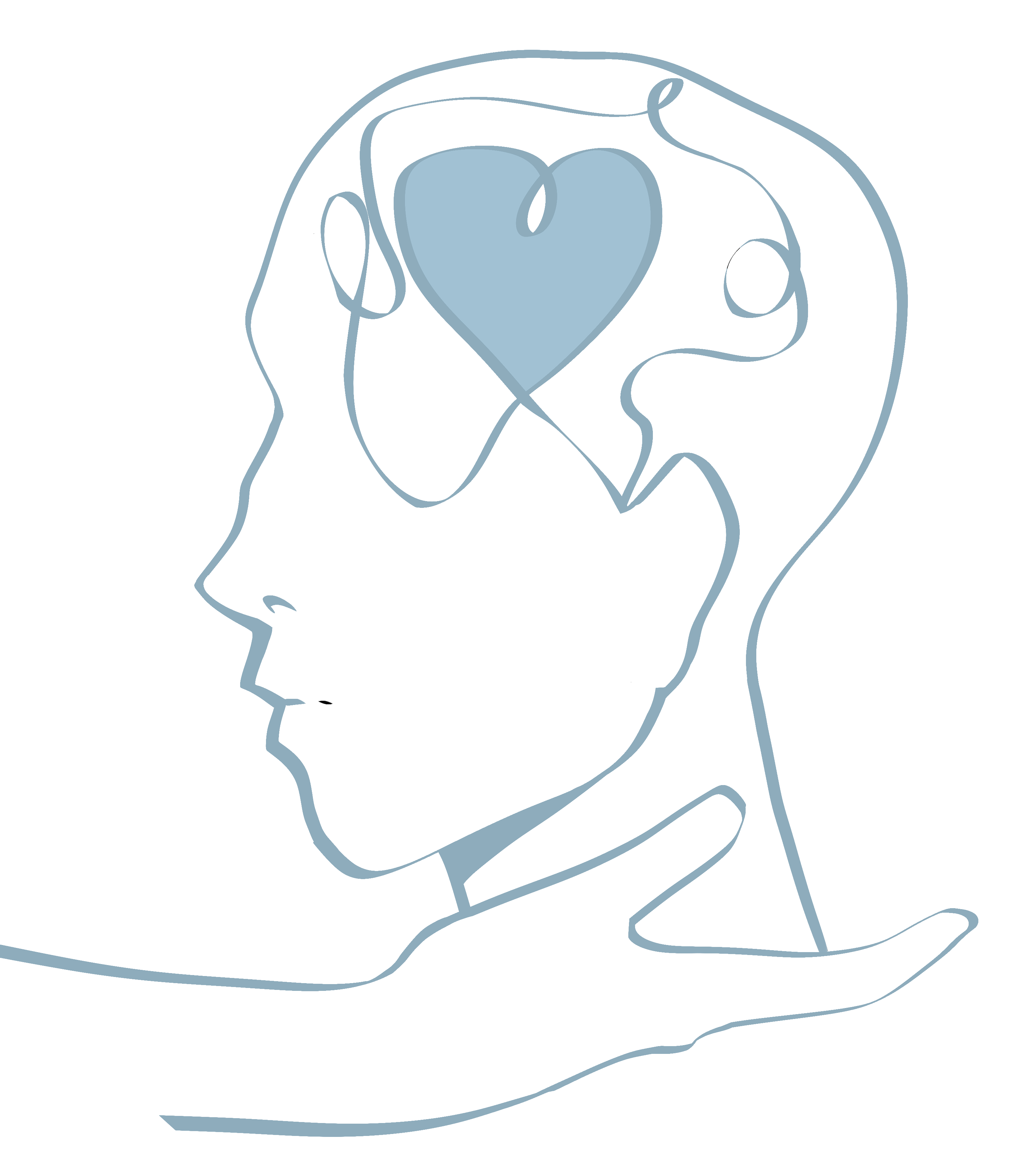Teen Troubles
When your teen is in trouble how can you help? You can tell when something is off. While you might not understand the reasons behind their responses, you know that aggression, withdrawal, self-harm and other destructive behaviors all point to a young person in pain. As toxic stress increases, so does trouble in your relationships.
A young person who has experienced trauma such as bullying, divorce, loss of parent, sibling, or close friend, struggles with sexual orientation, etc, can exhibit a variety of behaviors. When your teen is in trouble, they might lash out in sudden anger or become increasingly moody and withdrawn. Perhaps they’ll find themselves in with a new group of friends or trade their bright and friendly disposition for the one you can no longer recognize. These reactions are a result of toxic stress.
Research has taught us that chronic exposure to trauma can lead to toxic stress.
When your teen is in trouble you may see some of the following behaviors:
becoming startled or frightened easily
exaggerated reactions to daily events
angry outbursts
aggression or violence toward others
feelings of guilt or shame
depression
emotional numbness
aversion or a loss of interest in previously enjoyed activities
changes in sleeping or eating habits
alcohol or drug use
sexual promiscuity
self-harm or suicidal thoughts/tendencies
easily brought to tears
poor performance in school
symptoms consistent with ADHD
When your teen is in trouble there is often tension at home and in school. In addition, researchers have found a strong correlation between the above behaviors and one’s tendency to engage in risky behaviors.
Understanding the Long Term Effects of Trauma:
Prolonged exposure to trauma not only interrupts a child’s physical and mental growth, but it also changes the brain’s response to stress. If left untreated, these changes can result in unshakable feelings of terror, depression, and helplessness. When you your teen is in trouble how can you help? You can act quickly! Receiving help opens the door to positive change. Contact us today to learn more about ongoing groups to help you and your teen through these difficult times!

Understanding the long term effects of trauma
